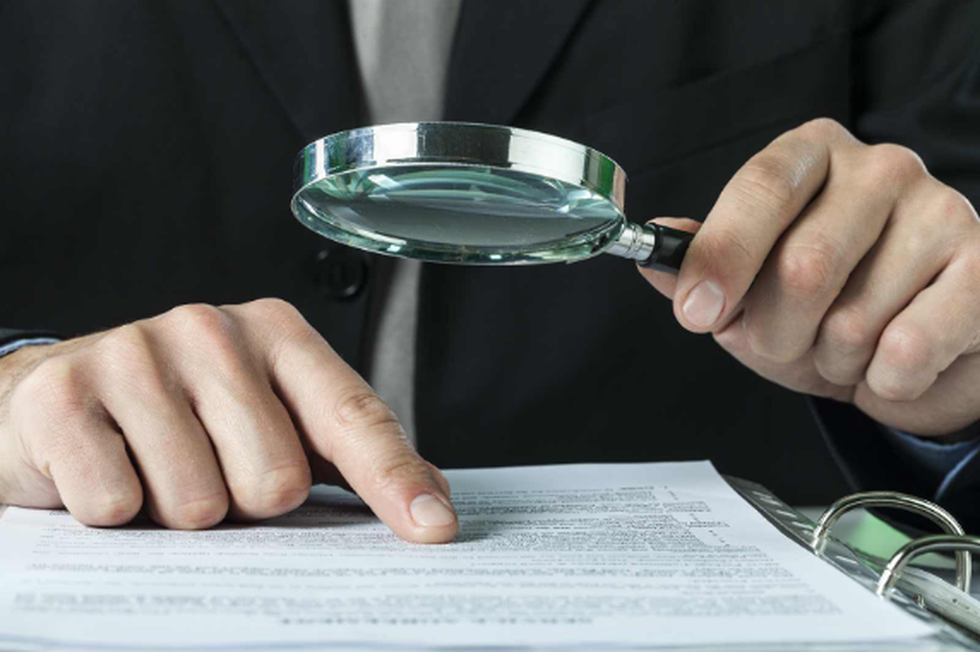About Forensic Auditing:
- What is it? It is an analysis and review of the financial records of a company or person to extract facts which can be used in a court of law.
- It is a speciality in the accounting industry, and most major accounting firms have a department of forensic auditing.
- Forensic audits require accounting and auditing procedures and expert knowledge about the legal framework of such an audit.
- Why Forensic Auditing? A forensic audit is often conducted to prosecute a party for fraud, embezzlement, or other financial crimes.
- In the process of a forensic audit, the auditor may be called to serve as an expert witness during trial proceedings.
- Forensic audits could also involve situations that do not include financial fraud, such as disputes related to bankruptcy filings, business closures, and divorces.
- The forensic audit process is similar to a traditional financial audit — planning, gathering evidence, and writing a report — with the additional step of a possible appearance in court.
- Forensic audit vs Internal audit:
- Forensic auditing is “an examination of financial records to find any illegal financial activity,” while an internal audit is defined as “an examination of a company's accounts or activities by its own accountants or managers.”
Key facts about National Stock Exchange of India Limited (NSE):
- It is India's leading financial exchange, with headquarters in Mumbai.
- It was incorporated in 1992 and, since then, has evolved into an advanced, automated, electronic system offering trading facilities to investors across the country.
- It was set up by an assembly of leading financial institutions at the recommendations formulated by Pherwani Committee.
- In 2021, this exchange system ranked fourth in the world according to the metric of its trading volume.
- Currently, NSE conducts transactions in the wholesale debt, equity, and derivative markets.
- One of the more popular offerings is the NIFTY 50 Index, which tracks the largest assets in the Indian equity market.
